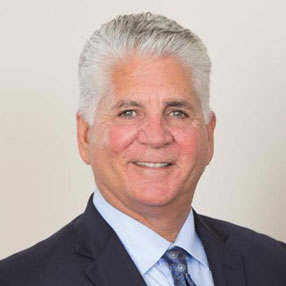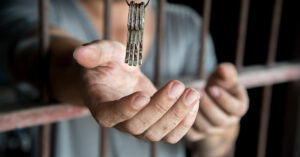In this post, we outline basic court procedures to minimize the stress and mystery surrounding your trial proceedings, including what to wear, how early to come to the courthouse, and what type of participation will be expected of you when in front of the judge.
There are eight distinct steps taken in most criminal cases.
Step 1: The investigation
Before you can be arrested and charged with a crime, law enforcement must have “probable cause” to arrest you. Investigators from the Tampa Police Department or Hillsborough County Sheriff’s Office or other state or local law enforcement agency can prove probable cause through a search warrant, interrogations, or seizure of property to name a few. This is where most criminal defendants make a big mistake by waiting to contact an attorney after being arrested. Getting a lawyer involved earlier in the process during an investigation can have a positive impact on your case’s outcome.
Step 2: The Arrest
Once probable cause has been established, law enforcement can make their arrest. Once arrested, you will be booked at a local police station or jail. Here law enforcement officers will take your fingerprints and photograph as well as record the charges against you. You will be searched and may be questioned at this stage in your case. It’s important to remember that you are not legally obligated to talk to investigators and should insist that you have your attorney present. Remember, you have the “right to remain silent.”
Step 3: The Arraignment and Bail
This is your first appearance in court when formal charges are filed against you. It’s typically a brief hearing where you will be advised of the charges against you and asked how you plead. Most defendants plead “not guilty” at this hearing even if they plan on pleading guilty later on. This gives your attorney more time to prepare you for trial. This is where your next court appearance is set, and the judge establishes how much bail you must pay to be released.
Step 4: The Pretrial Hearings and Plea Bargaining
During these meetings between the prosecution and defense, both parties discuss the strengths and weaknesses in the prosecution’s case, pretrial motions, as well as indirect factors that pertain to the defendant such as their character, history, and reasoning behind committing the crime. The attorneys might also work out a deal to either drop their case or allow the defendant to plead to a lesser charge. An overwhelming majority of federal and state criminal cases end during the pretrial process due to plea bargains.
Step 5: The Trial
Like any official proceeding, it’s important to arrive early. It’s also important that you be dressed appropriately for the courtroom in professional business attire, such as a suit and tie. Be polite and speak only when addressed and at the direction of your attorney.
If the defendant pleads ‘not guilty’ and a plea agreement cannot be reached, the case moves onto the trial phase of the criminal defense process. During the trial, a judge or jury reviews the case to determine whether they think the defendant is guilty or innocent. The trial phase can last anywhere from several hours to several months, depending on the complexity of the criminal case. Trial proceedings usually take place in this order: jury selection, the prosecution’s case, the defendant’s case, and closing arguments.
Step 6: The Verdict
Following the trial proceedings, the judge or jury comes together in private to decide whether or not they believe the defendant to be guilty ‘beyond all reasonable doubt.’ The deliberation stage may last for minutes or weeks, and the final verdict is read to the defendant in court once a decision has been reached. The jury’s decision must be unanimous. If a unanimous verdict cannot be reached (known as a ‘hung jury’), then a mistrial is declared and the prosecution is free to retry the case if they wish to. If the verdict is not guilty, neither the prosecutors nor the court can overturn the jury’s decision and the defendant is cleared of all charges. If the verdict is guilty, the defendant moves onto the next step.
Step 7: The Sentence
If you have pleaded guilty, or been tried and convicted by a judge or jury, then you must receive sentencing for the crime you are charged with. Determining the length and severity of the punishment to fit the crime is a complex process for a judge that involves looking at a defendant’s criminal record, responsibilities, level of remorse, and other factors. All judges, however, are typically bound by standard sentencing guidelines set forth by the state or federal government.
Step 8: The Appeal
If you are found guilty of all or some of the criminal charges, you are entitled to appeal the judgment of conviction and sentence up to at least one level of the appellate court.
An Experienced Criminal Law Attorney Can Make the Whole Process Much Less Intimidating
Fortunately, you don’t have to take on the criminal defense process alone. An experienced criminal defense attorney can help you through this complicated process and ensure the best possible outcome. Working with an attorney who knows the local ‘lay of the land’ when it comes to prosecutorial preferences and direction are invaluable to defendants in any criminal case. Such knowledge can help lead to a plea bargain, reduced sentence, or even an alternative to a guilty verdict and/or incarceration.
If you or a loved one have been accused of a crime, it’s imperative that you seek the advice of proven, trial-tested criminal defense attorneys like those at Fernandez & Attorneys At Law. You can reach us for advice 24/7 by calling (813) 229-5353. Hablan español.






